Arithmetic: The Power of Numbers
Gifted students strengthen their sense of numbers through creative problem solving with integers, factors, multiples, primes, and operations. We take the basics of adding, subtracting, multiplying, and dividing to a whole new level! In this class, we'll tackle challenging problems that bridge the gap between arithmetic and algebra. With exciting twists like factoring and other algebraic techniques, you'll start to see how these two worlds of math connect. Perfect for kids who love a challenge and want to dive deeper into the power of numbers. This class will emphasis how numbers behave, and not on memorization.
Monday - Number properties, order of operations, mental math tricks
Tuesday - Factors, multiples, primes, and divisibility puzzles
Wednesday - GCD, LCM, and number games (strategy-based problem solving)
Thursday - Integers and absolute value through logic challenges
Friday - Multi-step arithmetic riddles + team problem-solving challenge
Build, Test, Improve: Engineering Challenges in Action
This hands-on engineering class introduces students to the wide-ranging fields of engineering, including mechanical, civil, electrical, environmental, and biomedical design. Through interactive challenges, students explore how engineers identify problems, brainstorm solutions, build prototypes, and improve their designs through testing and reflection. Learners engage with real-world scenarios that encourage creativity, collaboration, and critical thinking while using tools and materials to construct, test, and refine their ideas. By experiencing multiple branches of engineering, students gain a deeper understanding of how innovative thinking shapes technology, infrastructure, and everyday life.
Scoops, Dots, and Delights: The Journey of Treats and Traditions
In this interactive and curiosity-driven class, students will explore a wide variety of desserts and sweet treats while uncovering the ideas, processes, and traditions behind them. This course invites students to think beyond taste and discover how everyday ingredients are transformed into treats enjoyed across cultures and communities.
Students will examine both frozen and non-frozen desserts, exploring how mixing, heating, cooling, and timing change texture, flavor, and appearance. Along the way, they will investigate the basic chemistry behind dessert and why some treats are creamy, others crunchy, chewy, or smooth through hands-on activities and demonstrations designed to spark questions about where and how their desserts become the culinary delights we all love.
In addition to how desserts are made, students will explore the cultural traditions and stories connected to sweet treats. They will learn how desserts can reflect celebrations, family traditions, and regional identities, and how food often brings people together in meaningful ways.
Through tastings, creative challenges, observations, and discussion, students will compare desserts, experiment with processes, and think like food explorers. By the end of the class, students will have a deeper appreciation for how creativity, chemistry, and culture come together to shape the treats we enjoy every day.
This class blends hands-on exploration, critical thinking, and cultural curiosity into a fun and memorable learning experience full of discovery, creativity, and, of course, delightful treats.
The Science of Living Systems: Classification and Cells
Description: This course explores the foundational principles that unite all living systems, from the diversity of organisms on Earth to the intricate processes occurring within a single cell. Students investigate how life is classified and organized, examining shared characteristics that connect seemingly different forms of life. Building from this macroscopic view, the course transitions into the microscopic world of cells, focusing on cell theory, structure, and function.
Learners analyze how materials move across cell membranes, how cells manage energy, and how metabolic processes sustain life. The course also examines how cells grow, divide, and reproduce, emphasizing the continuity of life at the cellular level. The week culminates with an exploration of protein synthesis, revealing how genetic information is translated into the structures and functions essential for living organisms. Throughout the course, students engage in scientific reasoning, model-based thinking, and inquiry-driven discussions that reflect the practices of modern biology.
Monday: Organisms and Biological Classification
Tuesday: Cell Theory and Cell Structure
Wednesday: Cellular Transport and Metabolism
Thursday: Cell Reproduction
Friday: Proteins & Synthesis


